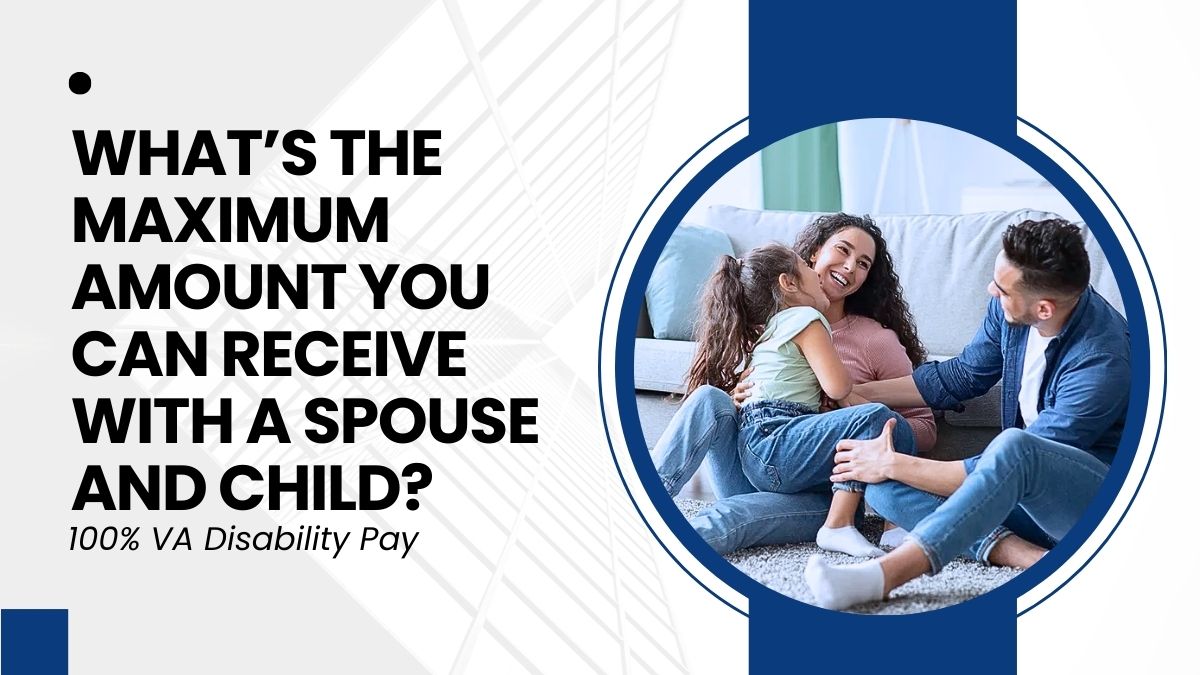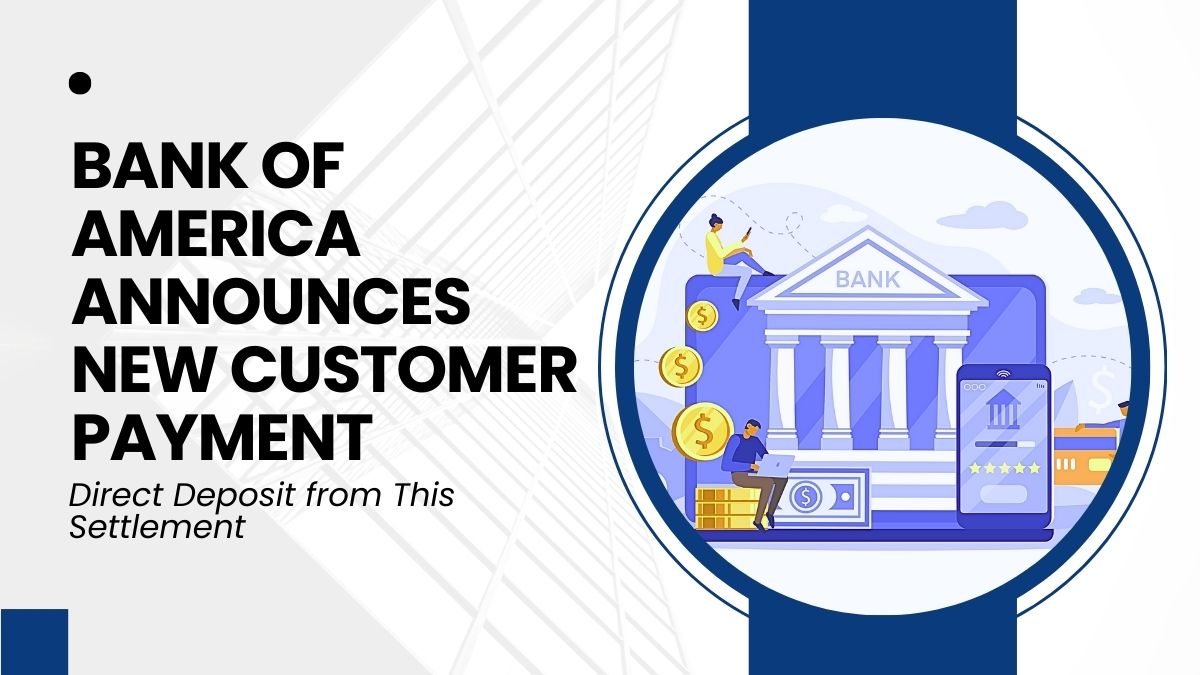In a chilling turn of events, a notorious hacking group recently made sensitive data from a major data broker accessible for free on an infamous online marketplace. This breach, which affects millions, has left many scrambling to protect themselves from the imminent threat of identity theft and fraud.
The Breach
Around four months ago, a hacking group known as USDoD claimed they had accessed an enormous trove of personal data from National Public Data (NPD), a company that provides background check information to employers and other entities. This week, a member of that group allegedly released much of this data online.
The compromised data reportedly includes full names, addresses, dates of birth, Social Security numbers, and phone numbers for 2.7 billion people across the United States, Canada, and the United Kingdom. The severity of this breach has raised alarms, especially among cybersecurity experts and consumer advocates like Teresa Murray, who called it a “five-alarm wake-up call” for anyone who hasn’t taken precautions against identity theft.
Potential Dangers
The data leaked in this breach is highly sensitive and can be used in a variety of fraudulent activities. While it lacks some critical elements like email addresses and passport photos, it’s still potent enough to wreak havoc. With details like Social Security numbers and birth dates now exposed, the potential for identity theft is immense. Cybercriminals could use this information to open fraudulent accounts, take over existing accounts, and even impersonate individuals to commit various crimes.
Murray warned that this breach could have even more severe implications when combined with data from previous breaches, allowing criminals to build detailed profiles of potential victims. This could lead to more sophisticated attacks, increasing the risk for anyone affected by this breach.
Steps to Protect Yourself
So, how can you protect yourself from the fallout of this breach? Here are some critical steps to consider:
Freeze Your Credit
One of the most effective ways to protect yourself is by freezing your credit. This prevents criminals from opening new accounts in your name. To do this, you’ll need to contact each of the three major credit bureaus—Experian, Equifax, and TransUnion. While this won’t protect existing accounts, it does provide a solid layer of defense against new fraudulent activity.
Monitor Your Accounts
In addition to freezing your credit, consider signing up for identity theft monitoring services. These services alert you to suspicious activity, such as someone trying to use your Social Security number to open an account. Many companies offer these services for free to customers affected by breaches, so take advantage of them if offered.
Secure Your Online Accounts
If you haven’t already, set up online access for all your accounts, including bank and insurance accounts. Use strong, unique passwords and change them regularly. Password manager apps can help you manage these passwords securely, so you don’t have to remember each one.
Two-factor authentication (2FA) is another vital tool. By requiring a second form of verification, like a text message or authentication app code, 2FA makes it much harder for hackers to access your accounts, even if they have your password.
Protect Your Phone Number
Be aware of SIM swapping and port-out fraud, where criminals hijack your phone number to gain control over your accounts. To protect against this, contact your mobile carrier and ask about additional security measures, such as setting up a passcode for your account or placing a block on unauthorized device changes.
NPD, the company at the center of this breach, has not yet formally notified affected individuals. They claim to have purged the compromised data, but this offers little comfort to those whose information is already out there. Therefore, it’s crucial to stay vigilant and take the necessary steps to protect yourself.
While the scale of this breach is daunting, taking proactive steps now can significantly reduce your risk. The threat is real, but with the right precautions, you can safeguard your personal information against potential misuse.
FAQs
How do I freeze my credit?
Contact Experian, Equifax, and TransUnion directly.
What is two-factor authentication?
It’s an extra security step requiring a second verification method.
What is SIM swapping?
It’s a scam where criminals take over your phone number to access accounts.
Can I monitor my data on the dark web?
Yes, identity theft services often include dark web monitoring.
Should I use a password manager?
Yes, it helps create and manage strong, unique passwords securely.
















